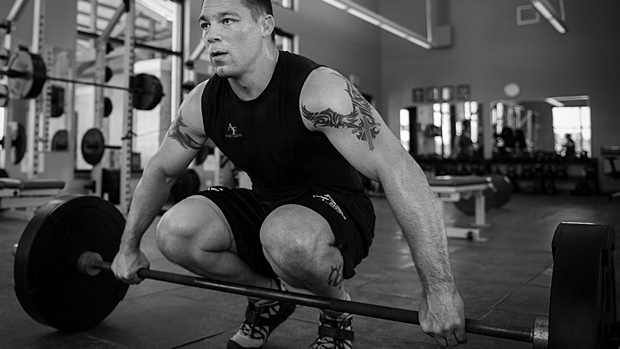I don’t know that I’m the most knowledgeable person out there. From what I do know, it seems like we have fairly limited knowledge on the “overworking” aspect of things. I.e. in general, we see that it’s good to have some amount of physical activity, good to have some amount of flexibility, to have some amount of endurance, etc. In general, it seems to be that more is better. Cases of cautionary tales are fairly limited. Powerlifters, for example, who are squatting a thousand pounds semi-regularly, anecdotally, might have hip issues. But that is “anecdotally” since there’s so few people doing it that you can’t really get meaningful metrics out of the matter, and who knows whether they’re doing other, suspect things might be involved.
So in terms of what we do have, most things that I’m aware of simply say that “more seems to be better”. If you’re more able to run, that’s better than if you can’t. If you’re more able to lift heavy weights, that’s better than if you can’t. It could be a linear progression of goodness. I’m just, personally, skeptical of that answer.
We’re sort of left with making reason-based assumptions like, “Most things can be done too little and too much, this probably falls in the same territory.” But, reason-based assumptions are what lead to the idea that, “If your back hurts when you lift heavy things, stop trying to lift things.” Which, plausibly, lead to more back issues because the real answer was that people needed to continue using their back, but build up the overall strength to do what they were trying to do in a more deliberate way.
I don’t think that there’s sufficient real-world data to say that it’s guaranteed that you should be adept at all things, at all times. Personally, I’d bet that we will, in the future, determine that it’s bad to fall below a particular threshold on any one thing, so any effort to cycle through the styles of training would need to keep that in mind. But that would just be my personal bet and nothing more.
I’d likewise bet some good money on the following propositions: 1) Any form of physical activity is liable to have cross-over benefits to those other things, even if it’s not the modality that best targets those things, and 2) Consistency and regularity are of utmost importance, so finding physical activities that encourage you to get out and do stuff is probably of high enough importance, given proposition 1, that you probably don’t need to be so concerned about hitting everything - unless that, itself, is part of what motivates you.
Of course, future drugs and genetic modification could make all of that moot.


